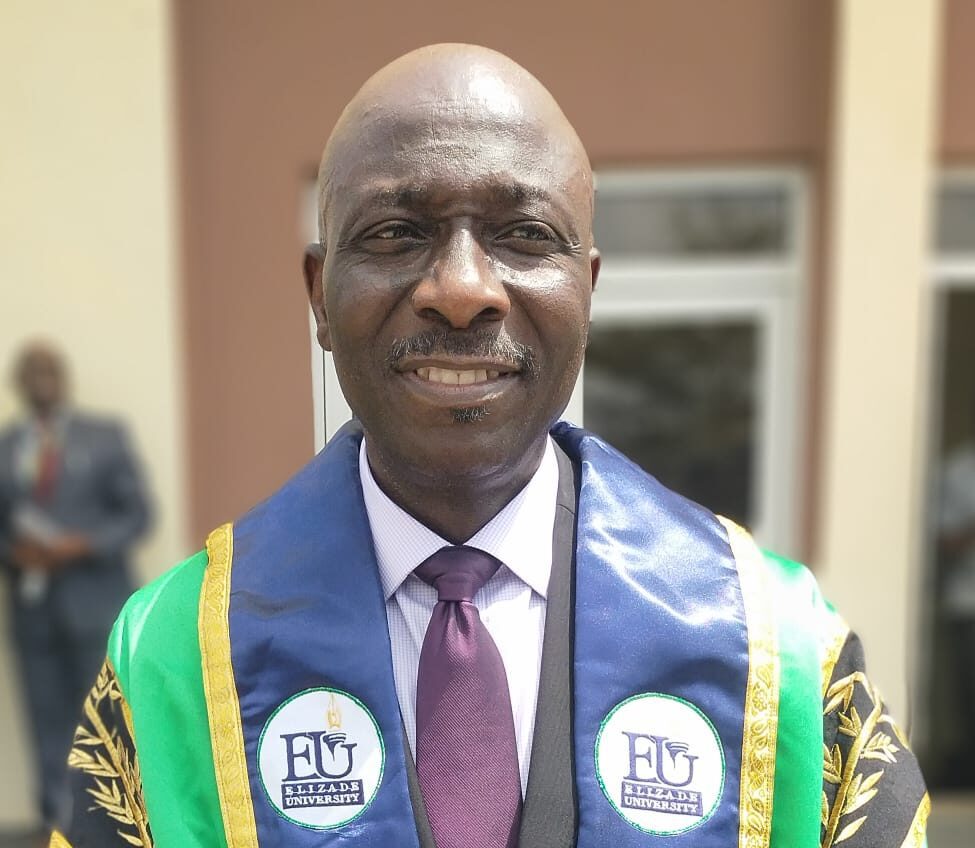The Vice Chancellor of Elizabe University, Ilara Mokin, Ondo State, Prof. Olukayode Ijadunola, is asking the Federal Government to promptly address the economic crisis affecting the country.
The educator issued the request at the first Elizade University Bursary Lecture, which took place on the campus of the institution on Friday.
Ijadunola stated, “The Federal Government should urgently devise a creative approach to addressing the country’s economic decline in order to protect the future of Nigerian youths.
“It is evident that university education in Nigeria is at serious risk due to the negative impact of a struggling economy. Without TETFund, many public universities in Nigeria would have closed, and the economic climate has become hostile for private universities.”
Discussing the topic of ‘Financial challenges in the Nigerian university sector in a volatile and uncertain economy,’ the guest speaker and Vice Chancellor of Afe Babalola University, Ado Ekiti, Ekiti State, Prof.
Smaranda Olarinde, emphasized the need for advanced technology and the utilization of artificial intelligence in university management.
She pointed out that the cost of university education is rapidly rising, rendering a single source of funding impractical and unsustainable, especially considering that the government's budget for education in Nigeria is a mere 6.39 per cent of the total budget, while UNESCO recommends a minimum of 15 percent.
Olarinde expressed distress that “numerous highly qualified Nigerian youths are being wasted and deprived of university education.”
Referring to statistics, she mentioned that only 19.5 percent of eligible candidates are admitted into medicine, surgery, and health sciences, attributing this to inadequate funding of university education in Nigeria.
The educator urged the Federal Government to expand the scope of the Tertiary Education Trust Fund to include private universities, criticizing the current situation as unfair to private institutions.
She argued that TETFund support “could have assisted in reducing fees in private schools, contributing to infrastructural development, and enabling private institutions to admit more students at reduced fees.”
She stated, “There is no valid reason for excluding private universities from TETfund benefits, especially considering that the fund is sourced from taxes collected from both public and private companies. Yet, private universities, which play a vital role in expanding access to high-quality tertiary education, are denied any benefits from TETFund”.



